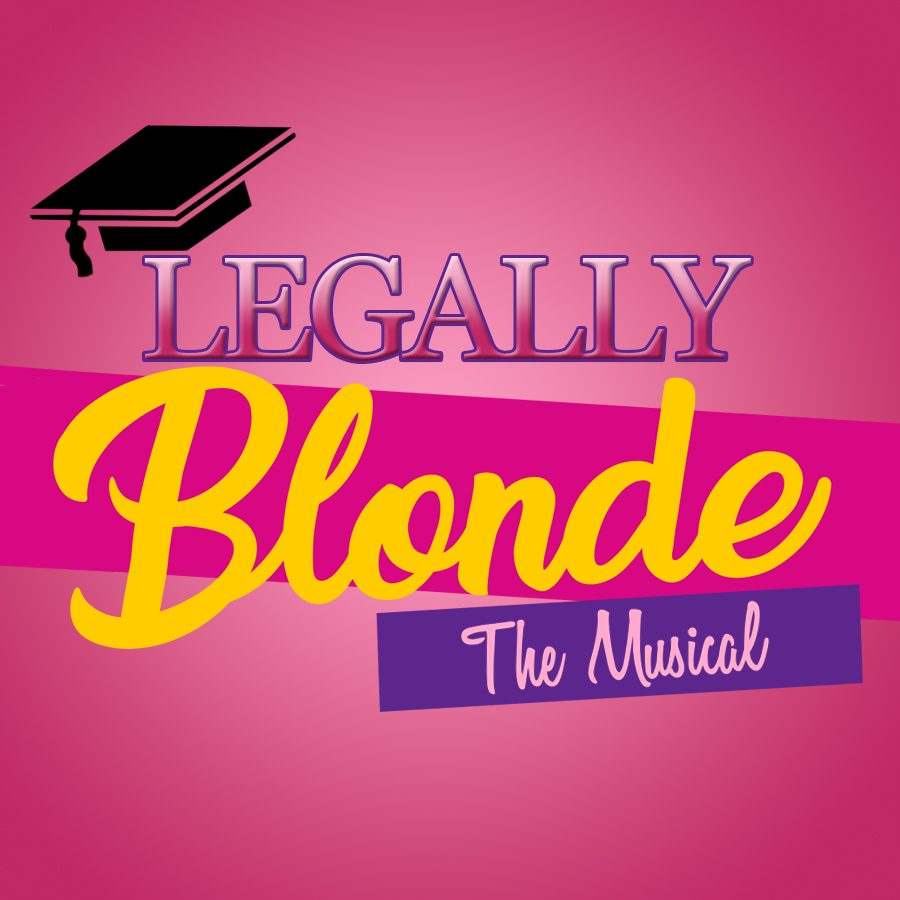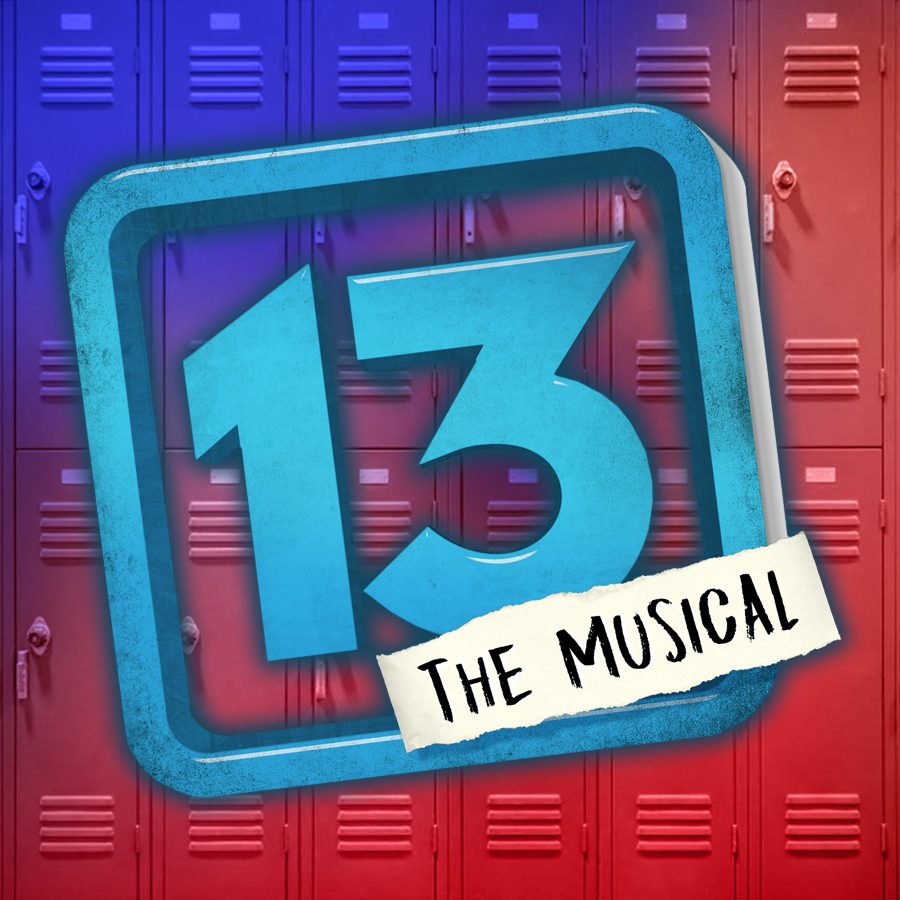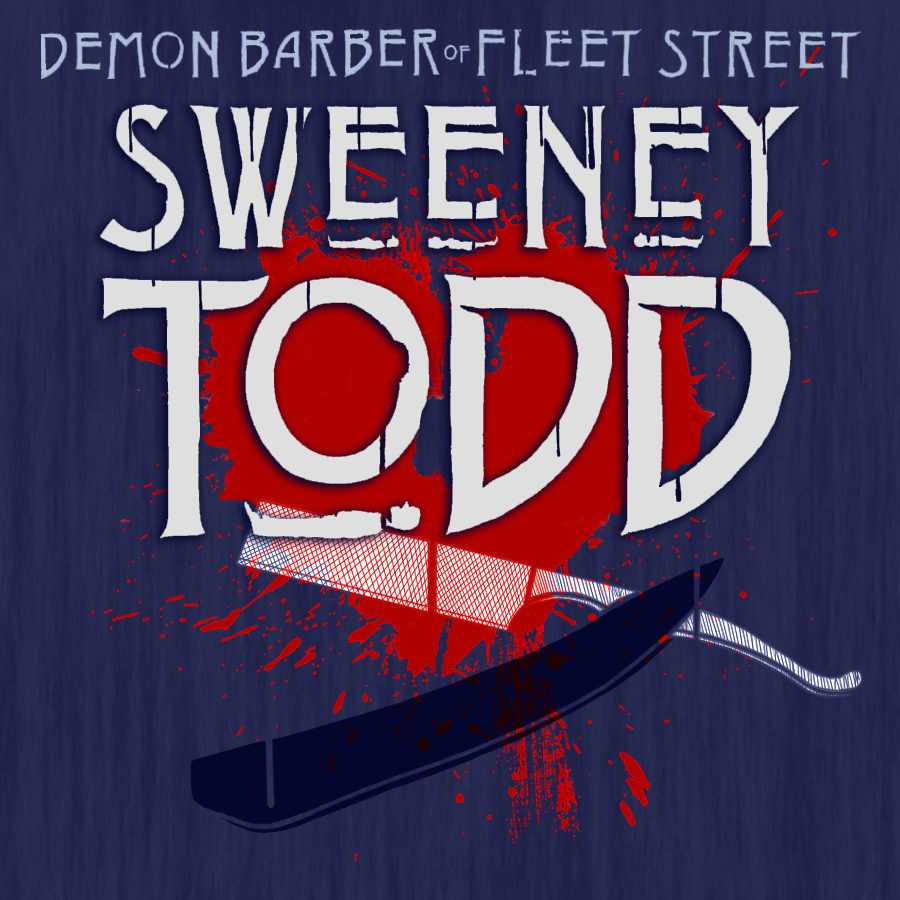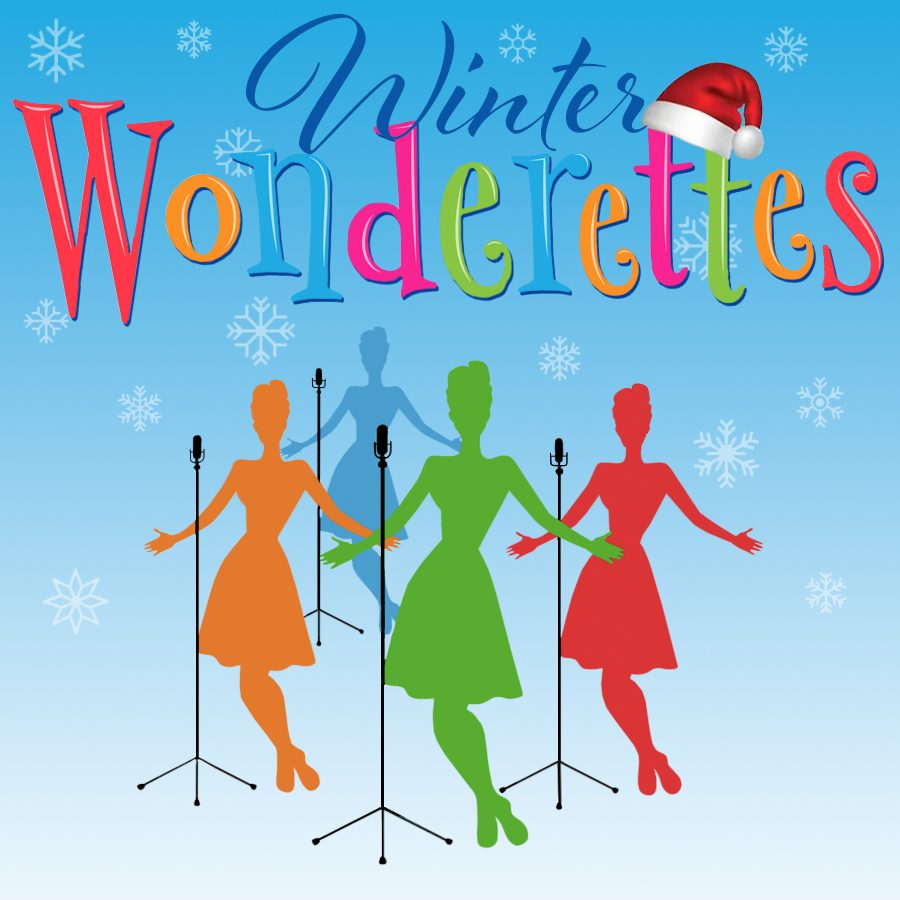An Analysis: The Little Shop of Horrors and Disney Connection
Written by Colden Lamb
Introduction
Forty years after its original Off-Broadway premiere in 1982, Little Shop of Horrors continues to be a global phenomenon and has become one of the most popular American musicals. The success of Little Shop is largely due to the 1986 film directed by Frank Oz. The musical is finding success once again in the current Off-Broadway revival in New York City. The triumph of the original stage show and film of Little Shop of Horrors allowed the songwriting team of Howard Ashman and Alan Menken to partake in Walt Disney Animation. This happened thanks to David Geffen, one of the producers of Little Shop, who introduced Ashman and Menken to Disney Executives looking for new talent. In doing so, Ashman and Menken helped shape what would be known as The Disney Renaissance. With Disney Animation, Ashman and Menken would go on to write the scores for The Little Mermaid, Beauty and the Beast and Aladdin. After Ashman’s passing, Menken would go on to score dozens of films for Disney including (but not limited to) Pocahontas, The Hunchback of Notre Dame, Hercules, Home on the Range and Tangled. The first two collaborations of Howard Ashman and Alan Menken, God Bless You Mr. Rosewater and Little Shop of Horrors gave a sneak preview of what was to come with the Disney Renaissance. The music written for their first two musicals have coincidentally showcased the songwriting team’s style and how that style would later become a part of Disney storytelling.
God Bless You Mr. Rosewater
The 1979 Off-Broadway musical, God Bless You Mr. Rosewater, is based on the book of the same name by Kurt Vonnegut. It tells the story of millionaire Elliot Rosewater who vows to improve the lives of the inhabitants in a small midwestern town by his philanthropic acts all while a greasy lawyer tries to steal Elliot’s millions by legally claiming Elliot to be insane for his charity. Both God Bless You Mr. Rosewater and Little Shop attack the ideas of American capitalism and greed. In Rosewater, this is shown through the character of the lawyer Norman Mushari, the musical number “Plain Clean Average Americans” and through Elliot’s struggle to fight against capitalism by giving his riches to those in need. In Little Shop, American capitalism is represented through the plant, Audrey II, who promises Seymour success beyond his wildest dreams for a deadly price. Both shows begin with an ominous voice, not unlike God, remarking to the audience about the leading character of their respective shows. In Rosewater, the leading character is 87 million, 472 thousand, 33 dollars and 61 cents. In Little Shop, this leading character is the deadly threat to the existence of mankind. In Elliot’s first ballad, “Dear Ophelia”, the opening piano chords are almost identical to what would be written for the opening piano chords of “Santa Fe” from Newsies. The rousing beer-hall number, “Thank God For The Volunteer Fire Brigade” sung by the volunteer firefighters of Vashti, Texas, parallels the rousing beer-hall number from Tangled, “I Got A Dream”, sung by the ruffians of the Snuggly Duckling. In “Mushari’s Waltz” from Rosewater, the slimy lawyer schemes to denounce Elliot as insane and take a sizable portion of his fortune to the tune of a lovely three-quarter time waltz. A similar technique of a devilish character describing the horrors he will inflict to a cheery waltz tempo would be used for Chef Louis’ number in The Little Mermaid, “Les Poissons”. In Sylvia’s campy mental breakdown number, “Cheese Nips”, one of the townsfolk invited to a dinner party hosted by Elliot and Slyvia asks, “What’s that gray stuff over there?”. The gray stuff would later be referenced in “Be Our Guest” from Beauty and the Beast with the lyric, “Try the gray stuff, it’s delicious!”. In the Act Two ballad, “Elliot, Slyvia”, the names of these characters are put to music. A similar approach was taken in Little Shop’s Act Two number, “The Meek Shall Inherit” as Seymour sings the name of Audrey with an orchestral response.
The Characters of Little Shop
The characters of Little Shop of Horrors, as portrayed in the original production and film, are very cartoonish in their mannerisms and dialogue. Ellen Greene portrayed Audrey with a Betty Boop-esque voice style while Steve Martin portrayed the Dentist with an over the top Elvis-esque flair. The show also features a colorful cartoonish looking plant that is voiced offstage while a puppeteer brings the plant to life. These wacky characterizations in Little Shop showcase how Ashman and Menken would become well suited for the realm of animation. Examples include such as Sebsastain from The Little Mermaid’s Jamaican accent (Ashman’s idea) and Lumiere from Beauty and the Beast being an incarnation of Maurice Chevalier.
Somewhere That’s Wet
The most well known and obvious connection between Little Shop and The Disney Renaissance is Little Shop’s “Somewhere That’s Green” and “Part of Your World” from The Little Mermaid. Both songs are known as “I Want” songs which are musical numbers that a character sings in order to express their inner desires early on in the first act. This allows the audience to understand the character’s objectives for the rest of the story. These types of numbers are usually ballads. Examples of this type of number include, “Waitin’ for My Dearie” from Brigadoon, “Wouldn’t It Be Loverly” from My Fair Lady and “I’ll Know” from Guys and Dolls. In “Somewhere That’s Green”, Audrey wants to be a suburban housewife in the perfect dream house with the man of her dreams while in “Part of Your World”, Ariel wants to be on dry land in order to fully comprehend the human world. Both numbers end almost identically, in regards to their musical structure, with the leading ladies singing two short four-worded musical phrases with instrumental pauses before ending with the title of the song. Audrey sings, “Far from Skid Row, I’ll dream we’ll go, somewhere that’s green” while Ariel sings, “Out of the sea, wish I could be, part of that world”. Fun fact, Menken would later write another song for a female ingenue wanting a beautiful home with the man she loves in his adaptation of A Christmas Carol in the number, “A Place Called Home”. Menken would also parody his style of ‘I Want’ song and the leading lady wanting an ideal home with Vanellope von Schweetz’s musical number from Ralph Breaks The Internet, “A Place Called Slaughter Race”.
Welcome To Our World
Alan Menken has stated in many interviews that one of the most important lessons he learned from Howard Ashman was the use of pastiche (artistic work that imitates a particular style or previous work) and how pastiche can build the musical world of the story. In a majority of Alan Menken’s work, Menken heavily uses pastiche in the opening number and establishes the world in which the story is taking place. In Little Shop of Horrors, both the title number and “Skid Row” establishes that the musical language of the show is being expressed through 1960’s bubble-gum rock and welcomes the audience to the uninhabitable world of Skid Row. An example of Alan Menken using this technique in his films for Disney is “Arabian Nights” from Aladdin. “Arabian Nights” pastiches Rimsky-Korsakov’s “Scheherazade” and introduces the audience to the hot sweltering world of Agrabah. Another example is “The Virginia Company/Steady As The Beating Drum” from Pocahontas. The opening musical numbers pastiche the two different worlds that will be in conflict throughout the story through music; the Europeans with an English Sea Shanty explaining the reasons for their voyage to the new world and the Native Americans with indgenious flutes and percussion singing about day to day life of the world in which they live in. Another fun fact, Howard Ashman wrote the lyrics for a song called, “Once Upon A Time In New York City” for the Disney film Oliver and Company. This opening number, similar to “Skid Row”, showcases the gruff and roughness of the Big Apple and the want for a better tomorrow.
The Urchins
Chiffon, Crystal and Ronette are the three female powerhouses of Little Shop of Horrors who act as the musical’s Greek Chorus, commenting on the action and singing the themes of the evening’s story. The Urchins would preview what was to come with The Muses in Hercules. Furthermore, The Urchin’s song “Ya Never Know” coincidentally matches the lyrics and general concept of The Muses’ gospel number, “Zero to Hero”. Both numbers have their respective Greek choruses sing the praises of an unlikely scrawny hero raising above unexpected expectations to overflowing respect and attention. In Hercules, the lyrics are “From zero to hero a major hunk, zero to hero and who’d a thunk?” and in Little Shop the lyrics are “Seymour was in a funk, He was number zero, Who’d a thunk he’d become a hero?” Another connection in “Ya Never Know” is the Calypso groove of the number which gives an early preview of Sebastian’s numbers in The Little Mermaid in particular, “Kiss The Girl”.
“Closed For Renovation” and “Call Back In The Morning”
Seymour’s new found fortune due to Audrey II’s growth, leads to the musical number “Closed For Renovation”. This song’s bouncy and peppy sixteen note vamp, with a counter melody playing under the vamp, sounds eerily similar to “Belle/Little Town” from Beauty and the Beast particularly the section in which Belle is talking to the Baker and the Bookkeeper. Another connection with Little Shop and “Belle/Little Town” is the Act Two opening number, “Call Back In The Morning”, a patter number in which Audrey and Seymour speedily answer the phone calls of needy customers. This song would mirror the patter section of “Belle/Little Town” as the townsfolk shout out random quips as Belle strolls through the town, “Bonjour! Pardon! Good day! Mais oui! You call this bacon?! etc.”.
“Dentist”
The comic number “Dentist” begins with Orin Scrivello (D.D.S.) singing about the type of boy he was growing up; abusive, inhumane, unfeeling, and just plain bad to the bone. Due to his nasty heart and love for pain, his mother suggests he should become a dentist. The song begins in a certain groove as Orin describes his childhood and then changes when he tells the audience about his profession. The song’s comedy comes from the fact that the only way to remedy Orin’s sadistic pleasures is to become one of the most respected jobs in any community. Alan Menken would later use this framework for the character of Alameda Slim in Home on the Range. Slim’s song begins similarly to that of Orin as he describes himself as the meanest, roughest and toughest cattle rustler of the west. And what makes him so dastardly? His ability to hypnotize cows with his yodeling. The song begins very seriously as Slim claims to be the best through his “cruelty” but then the tone becomes silly as he begins to yodel. Another similarity between this number and “Dentist” is that both numbers are backed up by three singers, The Urchins in Little Shop and The Willie Brothers in Home on the Range, who interject with uncomplimentary remarks about the villain. Furthermore, both songs begin in F major and modulate up a whole step into G major.
“Mushnik and Son”
In the original orchestration of “Mushnik and Son”, the song starts off with a Kurt Weill-esque/Klezmer minor key vamp. This vamp, when slowed down, reveals what was to come with the beginning vamp of “Poor Unfortunate Souls” from The Little Mermaid. Fitting since both Mushink and Ursula are enticing the heroes of the story, Seymour in Little Shop and Ariel in Little Mermaid, with this sleazy vamp to agree with their sleazy deal.
“Get It”
Audrey II entices Seymour with a world full of money, girls and motorcycles if he agrees to Aurdey II’s demand for blood in the number, “Get It”. One of the lyrics Audrey II serenades to Seymour is, “I’m your genie, I’m your friend, I’m your willing slave”. Of course, this coincidentally foreshadows what was to come in Aladdin with the willing slave of the lamp, The Genie, promising the title character anything he could ever possibly desire in the musical number, “Friend Like Me”.
“Suppertime”
In the vamp for Audrey II’s number in the second act, “Suppertime”, we hear Alan Menken’s use of repetitive rolling sixteen notes. This use of vamping sixteenth notes can also be heard in “Part of Your World” from The Little Mermaid, “The Prologue” from Beauty and the Beast, The Leaf Motif in Pocahontas and “Go The Distance” from Hercules.
“The Meek Shall Inherit”
Seymour at the peak of his success, due to his killings, begins to reconsider his bloody deeds; “No! No! There’s only so far you can bend! No! No! This nightmare must come to an end!” Alan Menken would later use this format of shouting on pitch two repeated words followed by a musical phrase with the song “Savages” from Pocahontas; “Savages! Savages! Barely even human! Savages! Savages! Drive them from our shore!” Another Disney connection in this number is the musical interlude after Seymour sings, “Without my plant she may not love me anymore” which sounds similar to the introduction of Hercules’ ‘I Want’ number, “Go The Distance”.
Conclusion
These examples showcase how Howard Ashman and Alan Menken’s writing for Rosewater and Little Shop have helped shape the animated musical. The achievement of Ashman and Menken’s work with Disney ushered in a new golden age of animation which then set the standard of every animated film since and this accomplishment could not have happened without Rosewater or Little Shop setting the stage. Next time you watch or listen to Little Shop, be sure to keep your ears open!
